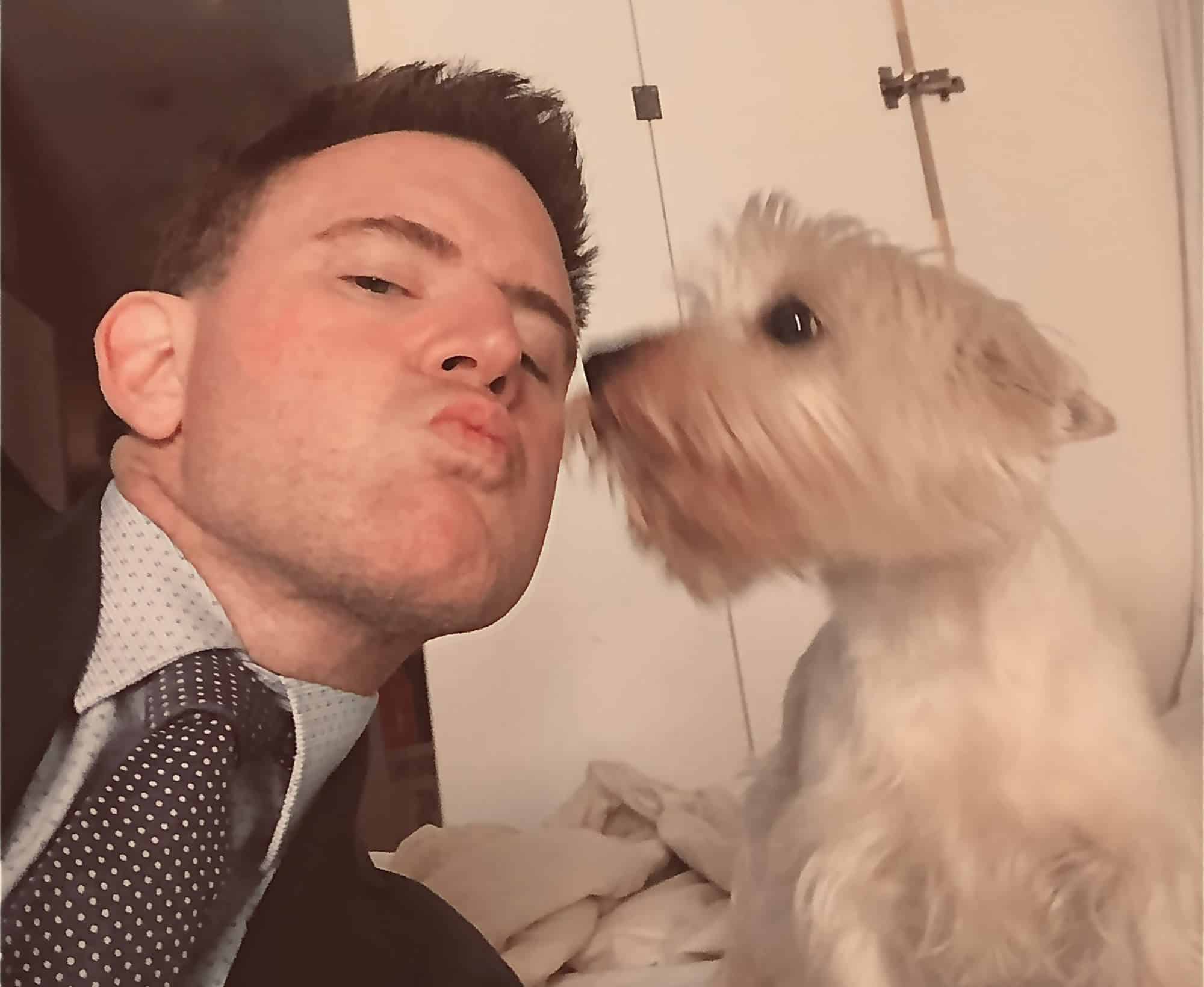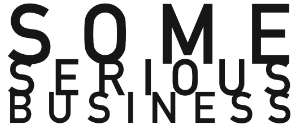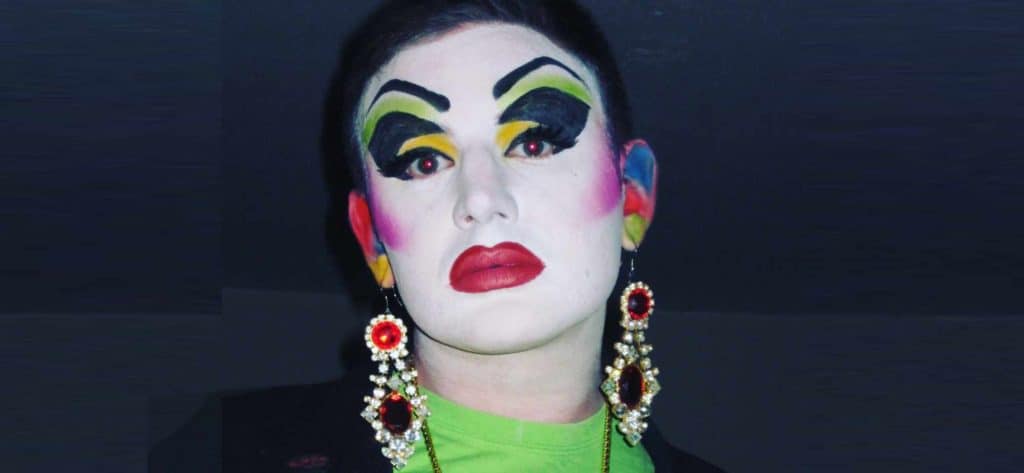Eileen Dover is a DJ, raconteur, writer, actor, artist, activist, comedic queen, survivor, and sober empath. We first met in 2017 when she played Toulouse in a staged reading of Jackie Curtis’ Glamour, Glory and Gold directed by Brian Butterick for the exhibition Love Among the Ruins at Howl! Happening. We walked together in the Reclaim Pride Parade and asked her to relate a little about her life-lived-large and her experiences as a trailblazing talent and commentator on the LGBTQ community and its history.
What event or factor in your life has been the most pivotal in your decision to become an artist?
The fact that I grew up in a hostile neighborhood in South Boston where I didn’t fit in. I felt very alone and misunderstood by my peers and in Catholic school. What saved me was my family. They loved me, and even though they didn’t “get” me, they stuck by me. We disagreed in a lot of ways, and I felt misunderstood. I’d seek solace in underground art and films where I saw people doing things and being free, but most importantly, finding a way to be heard and understood even if just by a small audience…a cult audience. I needed to feel heard so I began to express myself through artistic means, and I saw that I was helping other people who felt the same. They knew they weren’t alone in the world.
My brother is straight. He fit in, grew up in the same loving family I did. He also became an artist. We both received encouragement to be ourselves. We were supported emotionally but grew up in a place where expressing ourselves was not possible. Even my parents were private. Expressing things that were completely normal was forbidden in South Boston. My parents are so strong and happiest with the comforts of love and family—a more traditional path. My brother and I left with a lot to say. If you’re an artist on the inside, you can’t get out of a place like Southie without something to say.
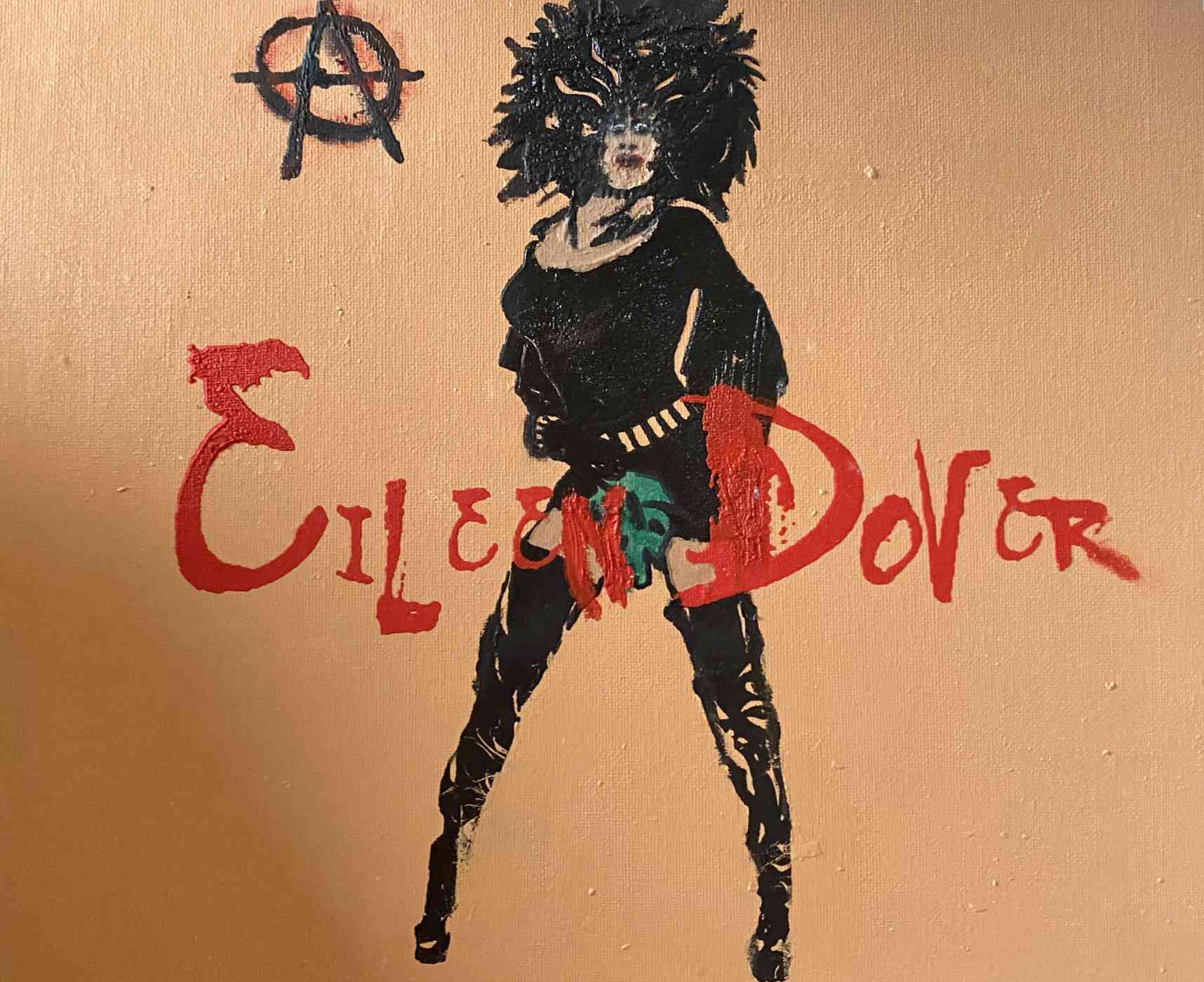
What project of yours do you personally consider most satisfying, and why—regardless of external support or accolades?
If I had to pick one piece that has inspired me, I’d have to say I enjoyed An Evening With Eartha Kitt. It really wasn’t a performance per se. I attended as a spectator with my friend Dennis, who had a part in her one-woman show. He brought her a martini onstage dressed as a waiter—it was all rehearsed. After rehearsal we went to our hotel to get ready. I decided to wear outrageous drag and ended up hostessing the door. It wasn’t planned but I was dressed for it and a pro. (Long ago I was a door person at clubs, known for my snappy wit and bitchiness—a slick cover for insecurity.)
After the show we went to the Brass Key, and I kicked into hostess mode there as well. I was holding court, telling jokes and stories, and “performing” off stag—just being loud and vulgar. Ms. Kitt arrived, and we clicked instantly. I spent the whole night entertaining her. We sang together and even swapped shoes and wigs. Mine were 12-inch stilettos. She rocked them, and my wig, flawlessly. I didn’t look good in her wig, and she was wearing flats, but c’mon…who wouldn’t wear Ms. Kitt’s wig and shoes! We entertained the crowd together. Everyone was drunk. It was one of those off-the-cuff symbiotic moments with a living legend—a once in a lifetime experience.
We had a serious conversation about life, love, and how lonesome she got. She was so real, honest, and human. I saw the evening as a performance—a combination of her work and my work—unrehearsed and just for fun. I felt unbelievably validated: a feeling I rarely ever had or have had since. Here I was, a bitchy drag queen; club host; lip-synching, dirty-joke-telling underground kid only a few years into doing shows; with one of the most iconic performers of the 20th century. SHE was entertained by ME! I wasn’t starstruck; I had more reverence for her than that. She was more than a singer or an actor. She was a literal icon who had been subversive to the point of being banished from the U.S. She was an activist and a game-changer. I was blown away for months that someone of her caliber would find me entertaining. My only regret is we never connected again.
“Working” unofficially with Eartha Kitt is a high point! I also enjoyed hosting Royal Bitches at Limelight with Boy George; an Edith Beale fashion show on Broadway for the Actors Fund; introducing the debut of Grey Gardens on Broadway; interviewing artists (which I still do); having a column in several publications; acting in a staged reading of Jackie Curtis’ Glamour, Glory and Gold; and being in Village, a play by Nora Burns. That said, my favorite project is usually the one I’m working on now.
What is your current guiding motivation to work and/or express yourself?
Currently my motivation is to carry on the work, messages, and art that are being erased by the saturation of mediocrity and self-centered interest of the 1%. They’re buying and selling our history, and younger generations are unaware of their own origins. I’m motivated to tell my story because I see the world reverting back to a time when individuality was not only frowned upon but also incited hatred and oppression. I’d hate to see our community assimilate further and fall into a coma induced by greed and delusion. The outspoken person who lays out their truth and refuses to conform is the one who makes a difference, but sadly is also the sacrificial lamb.
Think about a person like Sylvia Ray Rivera. She made a lot of noise and gave up so much to fight for gay liberation. She was literally discarded by the community later on. She, like many of us, coped with alcohol and drugs, and was actually homeless living on the piers at the West Side Highway. None of the starched gay men who were “passing” at work and living a conformist heteronormative life of privilege went to her aid. They wanted to be “user-friendly” and digestible to middle America. They wouldn’t acknowledge a trans woman of color who “stuck out” or looked different than their straight counterparts at the helm. They couldn’t stand up for her.
These “conformist” gay men took over the conversation and whitewashed it. This same type of gay men and women exist to this day. They scream “straight-acting” while smoking meth with one hand and cruising Grindr for as much dick as can be crammed into a day! I’m not saying they shouldn’t be who they are. I’m saying the community needs to be inclusive and value people—not only for youth and appearance, or as a sexual commodity. My motivation is to enlighten, and if nothing else, make the Sylvias of the world feel loved and valued for their bravery. It takes more strength to be oneself than to conform. In some ways we all conform, but we mustn’t toss away the people that stand out within the community. They are the ones who make it possible for conformists to marry and be protected, and be a part of the national dialogue as human beings—not as a joke.
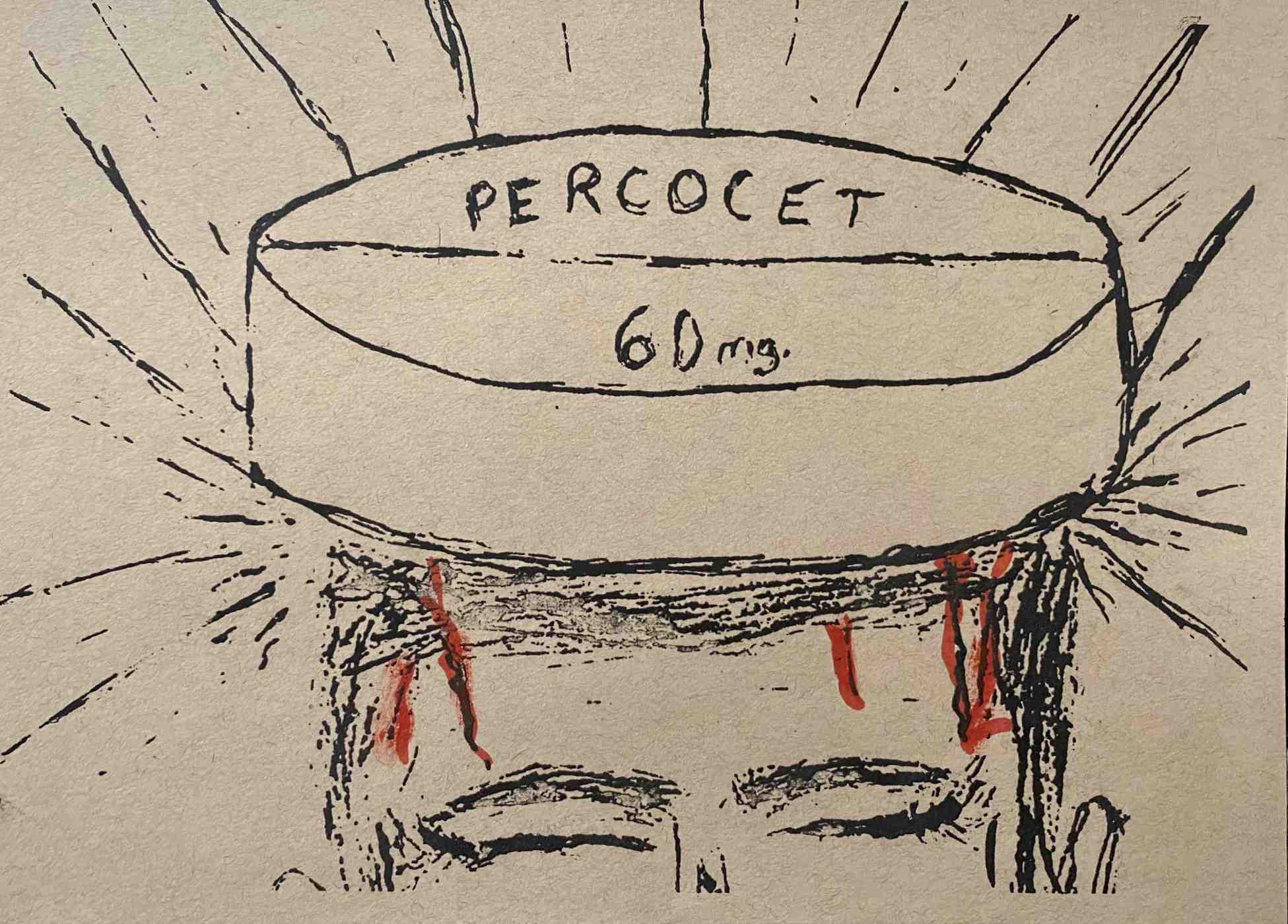
Do your dark nights of the soul tend to be constructive or destructive to your self-expression?
It depends on the source of the darkness. If it’s coming from guilt or criticism, then it’s destructive. Those are things one needs to let go of or they will swallow your soul. If you can reconcile those things and turn them around, you can use them constructively. If the darkness is coming from observation and experiences, it can be extremely enlightening and constructive. I find that my best and most positive work comes from the most challenging things I’ve experienced. I find that the people who have put me down or hurt me, in the long run, have made me want to express my love, hate, anger, joy, and everything else that goes into my work, ten times louder and ten times bigger. Light can’t exist without the dark. Contrast is so important. There are dark nights that I bathe in. I try to take that dark night of the soul as an opportunity to connect to the spirit world—and the world beyond our physical world. There are answers in the dark that will bring some of the brightest moments.
Is destruction a positive phenomenon for you?
Yes. I destroy my addiction every day that I stay clean. I think when destructive events take place, or we destroy a relationship or a piece of work or whatever—there’s an opportunity for rebirth. The destruction is necessary for progress. Destroy apathy, destroy ego, destroy the destroyer. Behavior and beliefs that once may have served us, but have now become rotten and foul, turning on us, must be destroyed.
Who has been your greatest mentor, living or dead, real or imaginary?
My parents and brother. They try to understand me, and I can honestly say I was out of control by the age of 13. I was out. I rebelled, and I snuck out and ran away and put them through so much. I’m writing this while I visit them. They’re so different from me. My brother is an actor and comedian in L.A. My parents got two artists—one gay, one straight. They’re nonconfrontational, have old-school manners, and keep their cool. They’ve taught me to be strong—to be loyal and honest. They’ve taught me what unconditional love is. They are the silent heroes of this world. They affect change in the world by following their values and quietly being kind. They give to everyone whom they love, but they live humbly and rarely treat themselves. They aren’t interested in a lot of the arty stuff I like, but they’ve gone to see everything from underground plays in the basement of the Ramrod to Madonna concerts and John Waters movies and so on. My mom read My Son Divine by Divine’s mother. For someone as reserved and conventional as my mom and dad, that’s pretty fuckin’ punk rock! They’re remarkable.
Penny Arcade is someone I work with on my writing, and she’s a friend and mentor. I’m also lucky to have discovered a tribe in “older” queens that suits me. Penny has the soul of an older queen and she’s just getting started.
What do you feel are the greatest or most tenacious barriers to creating art over an entire lifetime?
It varies as we age and live. When we’re young, there might be barriers of skills or support systems, or financial issues. Not being able to train or access supplies…or just youth…the distractions of living and having fun and supporting yourself in poverty. I was poor in my 20s. Then I started working in clubs, sex, drugs, etc. I don’t see people in their 20s doing what I did, but times have changed.
Then come your 30s and you have to support yourself. You start reflecting a bit. Perhaps you want to be in a relationship (and trust me when I say people often run from artists, especially those who challenge gender norms). One might sacrifice creativity to foster a relationship or a career. In my case I got sober, but I kept writing and occasionally doing a play or film here and there. Life keeps coming at you, and time is scarce for a full-time artist.
Then comes middle age and you get tired, and perhaps feel frustrated by the constant struggle and scrutiny and criticism or worse—being overlooked. Our outlook on life changes, so we develop other attitudes or beliefs that change what we present or work on. Money is probably the biggest barrier. It’s so tough to pay bills, then write a show, then find people to perform with who can afford to perform for free, then rehearse, then advertise, then build a set, and so on. That’s why community and support is important. We can do things collectively we could never do alone. Once something is written, you reach out to your supportive artist friends. Everyone has an opportunity to display their unique talents together.
There are some competitive, ruthless people—naysayers—and our own internal voices and doubt are always going to be there. The beauty of being over 40 is that you stop giving a fuck. If you’re still creating after 25 years, you realize that your art has value. Criticism is great, but if you’re only wrapped up in what others think, you’ll struggle to find your own voice.
Even some members of the so-called “woke” generation can be hypnotized and soundly asleep.
There’s nothing wrong with progress and evolving concepts of identity so long as they don’t bully people who may come from a different place. It’s easy to get brainwashed in generational issues. Context is everything.
Listen to those who are honest. Stay where it’s warm and supportive. Challenge yourself. Even if you have a sucky show, exhibit, concert, or event, feel your frustration and then let it go and get into another project right away. Sitting with doubt and self-sabotaging thoughts can hold you back or even take you out completely.
How important is it to you whether you express yourself as a unique person, or rather add your voice to a collective conversation?
I think both are important. When we speak our own truth, it becomes part of the collective—there’s always someone who identifies and feels heard. I think the collective is made up of unique people. People express their unique experiences. Other people take in those experiences and mix them with their own. The individual cannot exist without the collective and the collective cannot exist without the individual. It’s hard for adventurous people, and I am an adventurous person. I believe in expressing my individuality. I don’t care what others think. Well, I care but where will that get me?
If you could be anything besides an artist in human form, what would you like to be?
A dog. They live in the present, don’t obsess about the past, or fret about the future. They live for simple things and love unconditionally. They are far more evolved than people.
